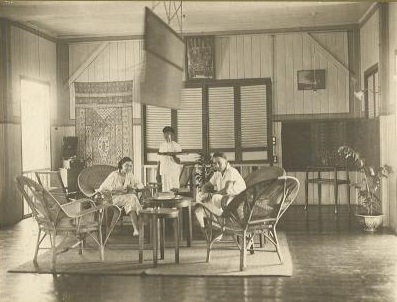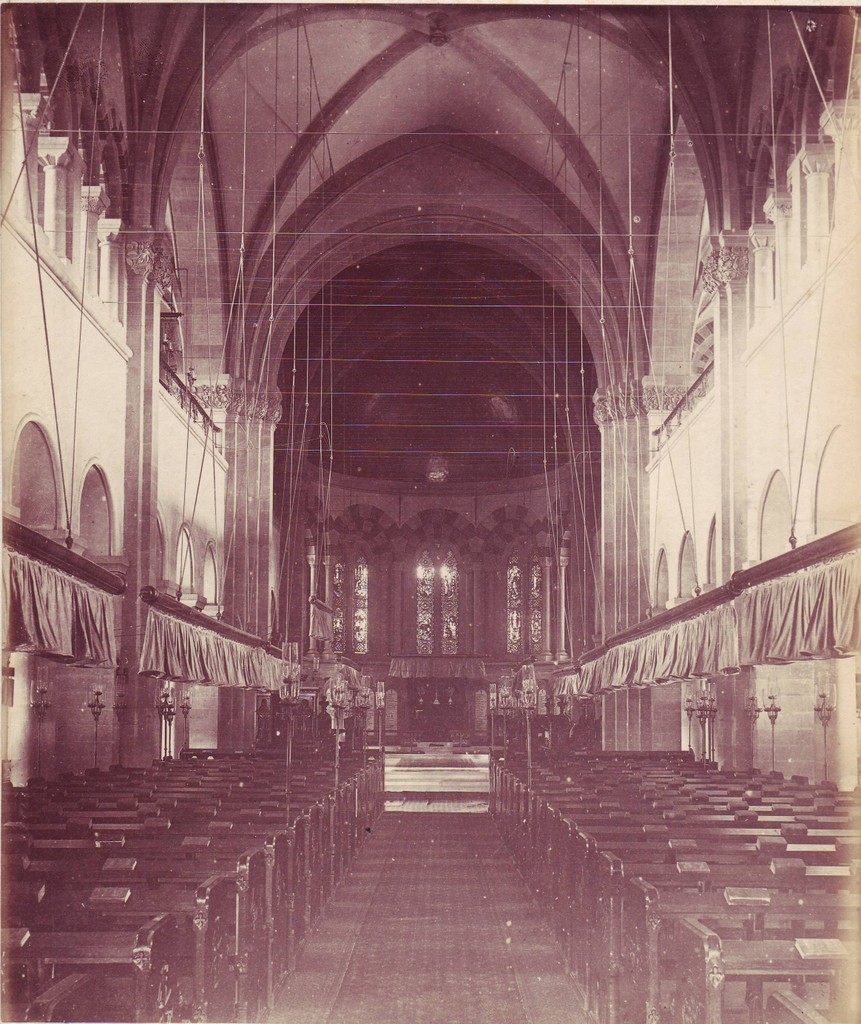Punkah Wallah on:
[Wikipedia]
[Google]
[Amazon]


 A punkah, also pankha (,
A punkah, also pankha (,
File:French Indochina courtroom with ceiling punkah.jpg, French Indochina courtroom equipped with punkah fans
Image:Melrose-natchez-2.jpg, A punkah in an


 A punkah, also pankha (,
A punkah, also pankha (, Hindi
Hindi (Devanāgarī: or , ), or more precisely Modern Standard Hindi (Devanagari: ), is an Indo-Aryan language spoken chiefly in the Hindi Belt region encompassing parts of northern, central, eastern, and western India. Hindi has been de ...
: , ), is a type of fan used since the early 6th century BC. The word ''pankha'' originated from'' pankh'', the wings of a bird which produce a draft when flapped.
In its original sense in South Asia
South Asia is the southern subregion of Asia, which is defined in both geographical and ethno-cultural terms. The region consists of the countries of Afghanistan, Bangladesh, Bhutan, India, Maldives, Nepal, Pakistan, and Sri Lanka.;;;;;;;; ...
, ''pankah'' typically describes a handheld fan made from a single frond of palm or a woven square of bamboo
Bamboos are a diverse group of evergreen perennial flowering plants making up the subfamily Bambusoideae of the grass family Poaceae. Giant bamboos are the largest members of the grass family. The origin of the word "bamboo" is uncertain, bu ...
strips, rattan
Rattan, also spelled ratan, is the name for roughly 600 species of Old World climbing palms belonging to subfamily Calamoideae. The greatest diversity of rattan palm species and genera are in the closed-canopy old-growth tropical forests of ...
or other plant fibre, that can be rotated or fanned. These are called pankah in Hindustani. These small handheld devices are still used by millions when ceiling fans stop working during frequent power outages.
In the colonial age, the word came to be used in British India
The provinces of India, earlier presidencies of British India and still earlier, presidency towns, were the administrative divisions of British governance on the Indian subcontinent. Collectively, they have been called British India. In one ...
and elsewhere in the tropical and subtropical world for a large swinging fan, fixed to the ceiling, and pulled by a punkah wallah, during hot weather. To cover a larger area, such as in an office or a courthouse, a number of punkahs could be connected together by strings so that they would swing in unison. The material used could range from utilitarian rattan to expensive fabrics. The date of this invention is not known, but it was familiar to the Arabs as early as the 8th century. It was not commonly used in India before the end of the 18th century.
The electric fan largely supplanted it in barracks and other large buildings at the beginning of the 20th century.
The term was carried over to punkah louvre, to refer to the outlet for cool air in aircraft, particularly those over the passenger seats.
In India, the punkhawallah or pankha wallah was the servant who operated the fan, often using a pulley system.
In modern use, a person selling, repairing or making fans, both handheld and electric, would also be known colloquially as a punkha wala, since the term means ''fan guy'' or ''the guy with the fans''.
antebellum
Antebellum, Latin for "before war", may refer to:
United States history
* Antebellum South, the pre-American Civil War period in the Southern United States
** Antebellum Georgia
** Antebellum South Carolina
** Antebellum Virginia
* Antebellum ar ...
house in Natchez, Mississippi
Image:Punkahfans.jpg, Decorative punkah fans at a hotel in Abu Dhabi (UAE)
See also
*Coolie
A coolie (also spelled koelie, kuli, khuli, khulie, cooli, cooly, or quli) is a term for a low-wage labourer, typically of South Asian or East Asian descent.
The word ''coolie'' was first popularized in the 16th century by European traders acros ...
*Wallah (disambiguation)
Wallah is a common suffix in many languages of South Asia.
Wallah may also refer to:
* Wallah, an Arabic expression meaning ''"I swear by God"'' used to make a promise or express great credibility
See also
* Wala (disambiguation)
* Walla (d ...
References
* {{Reflist Cooling technology Ventilation fans